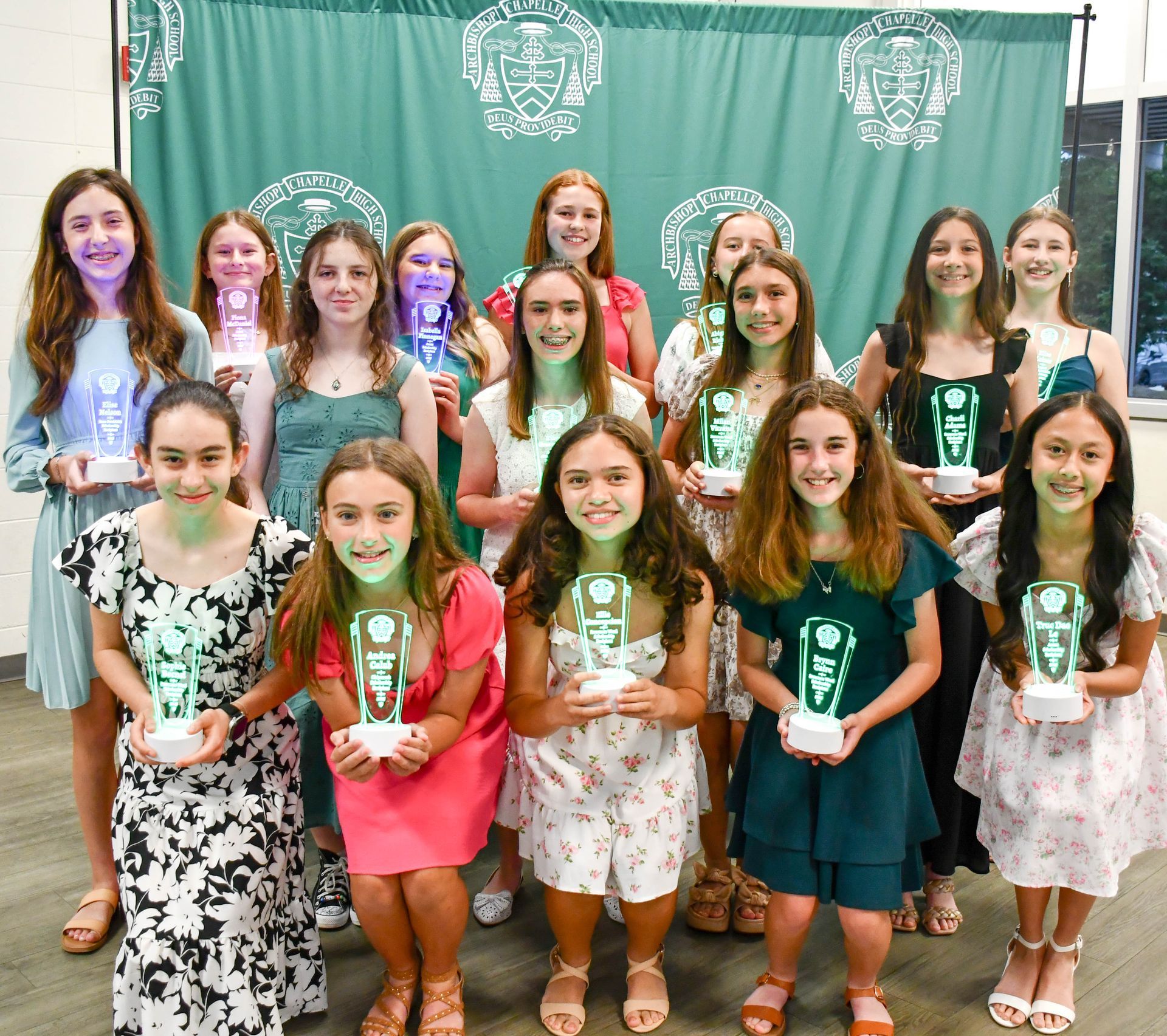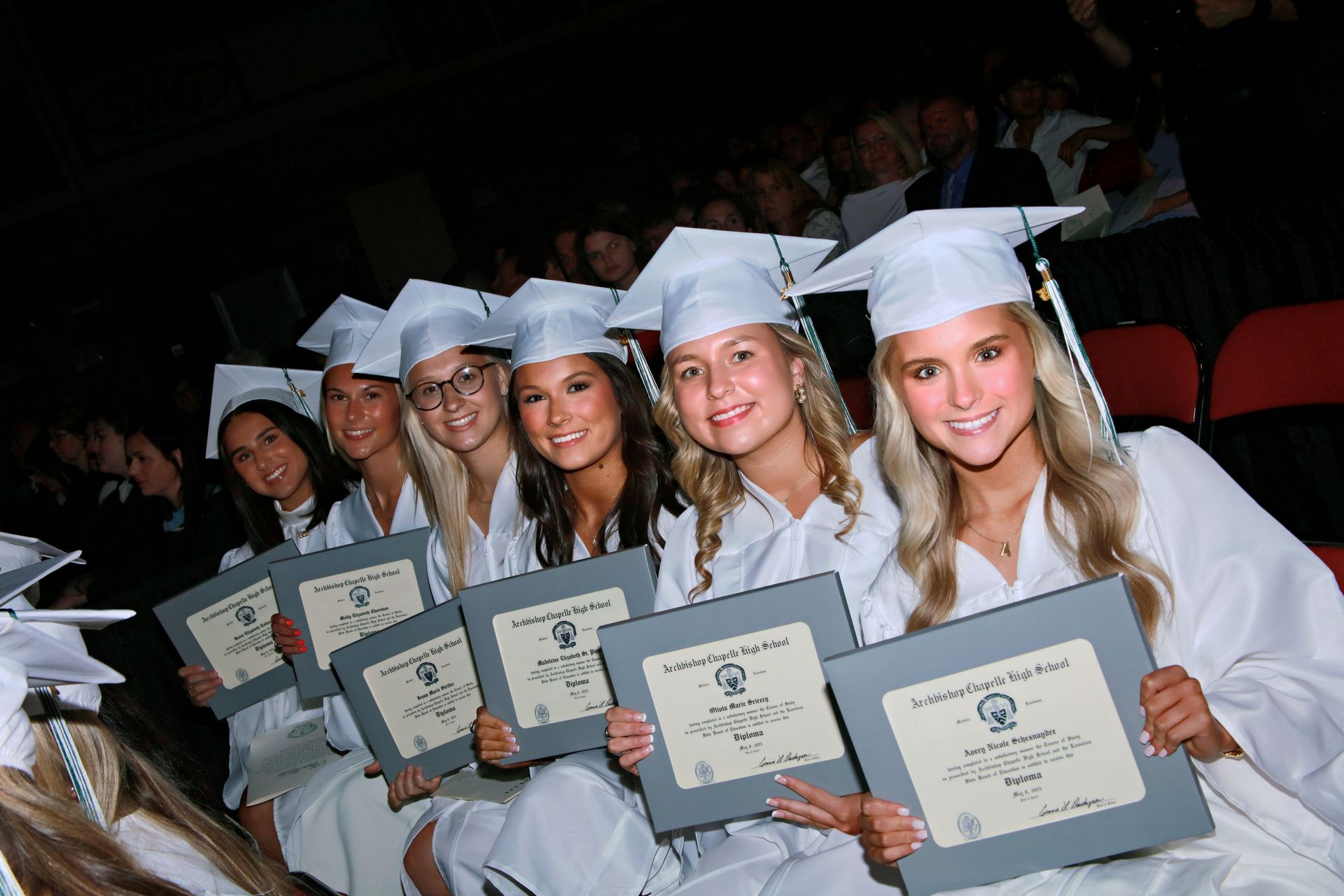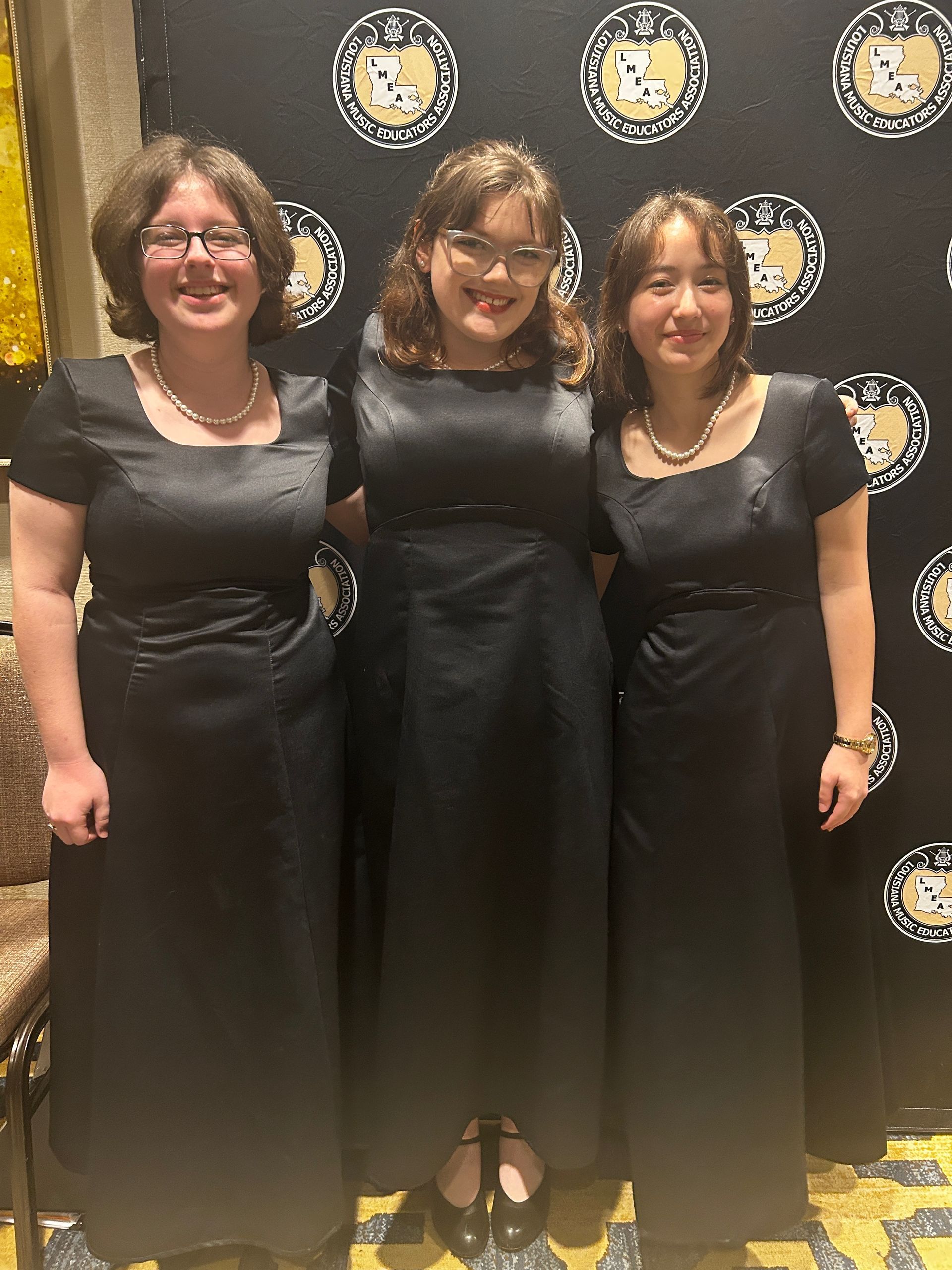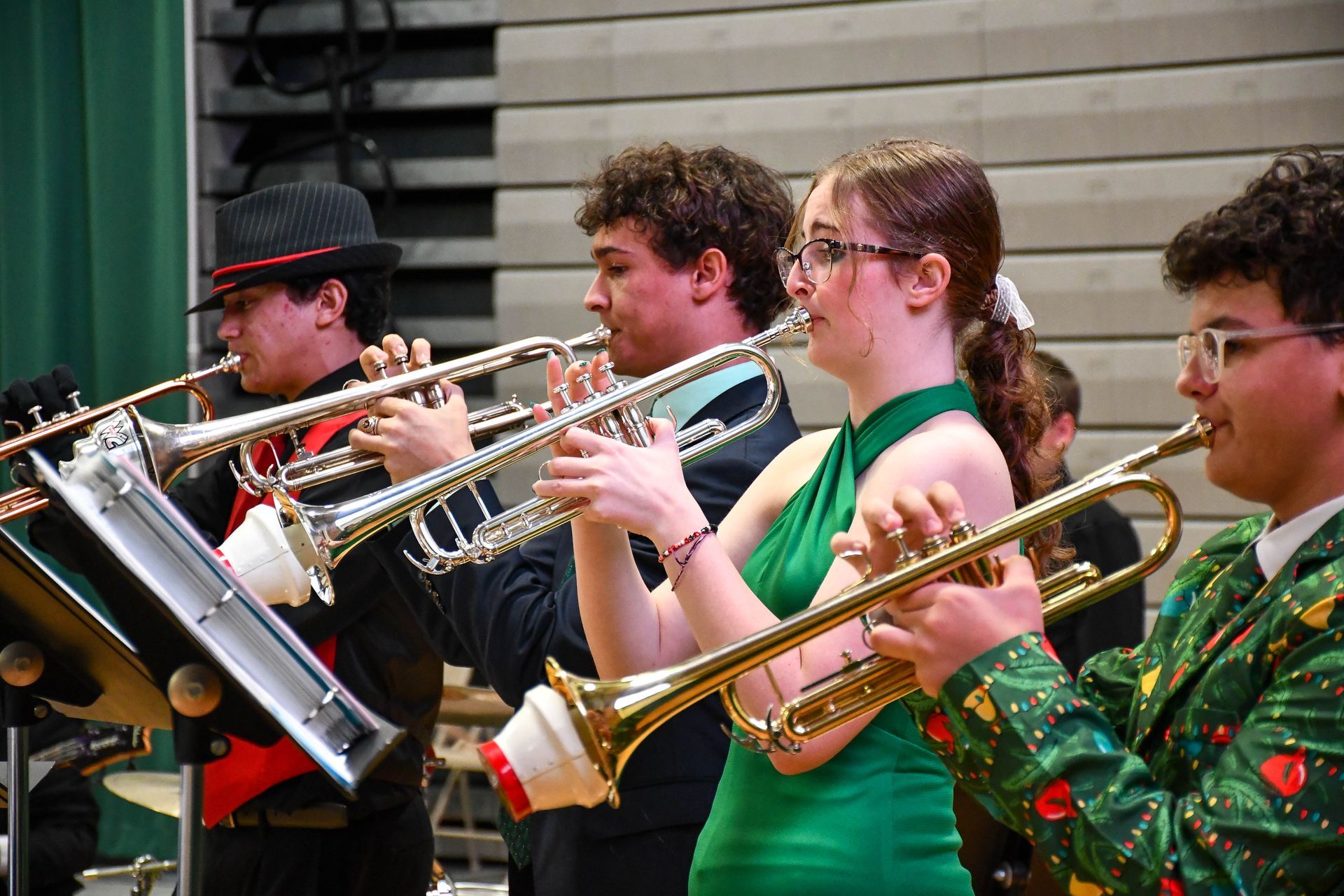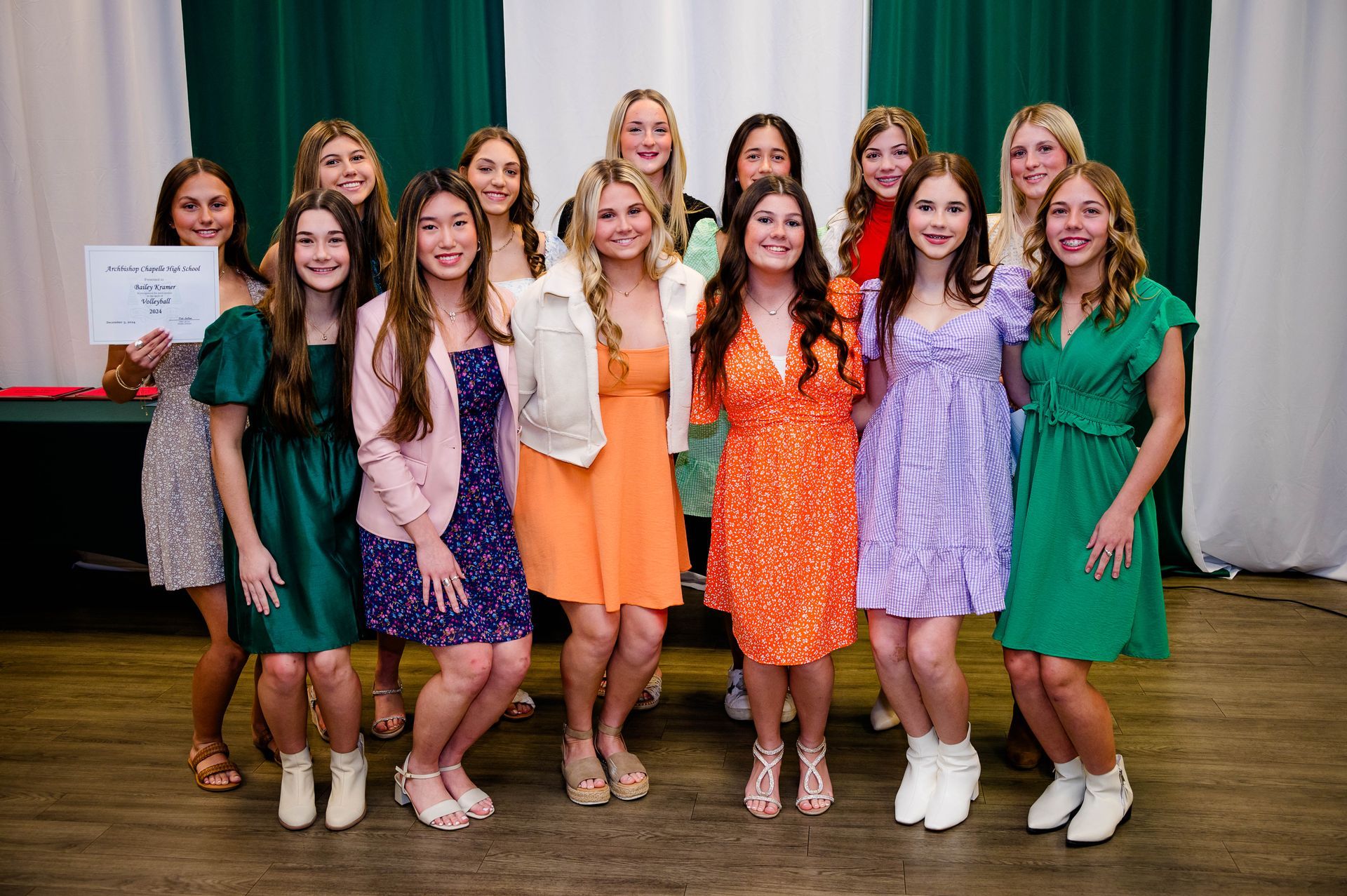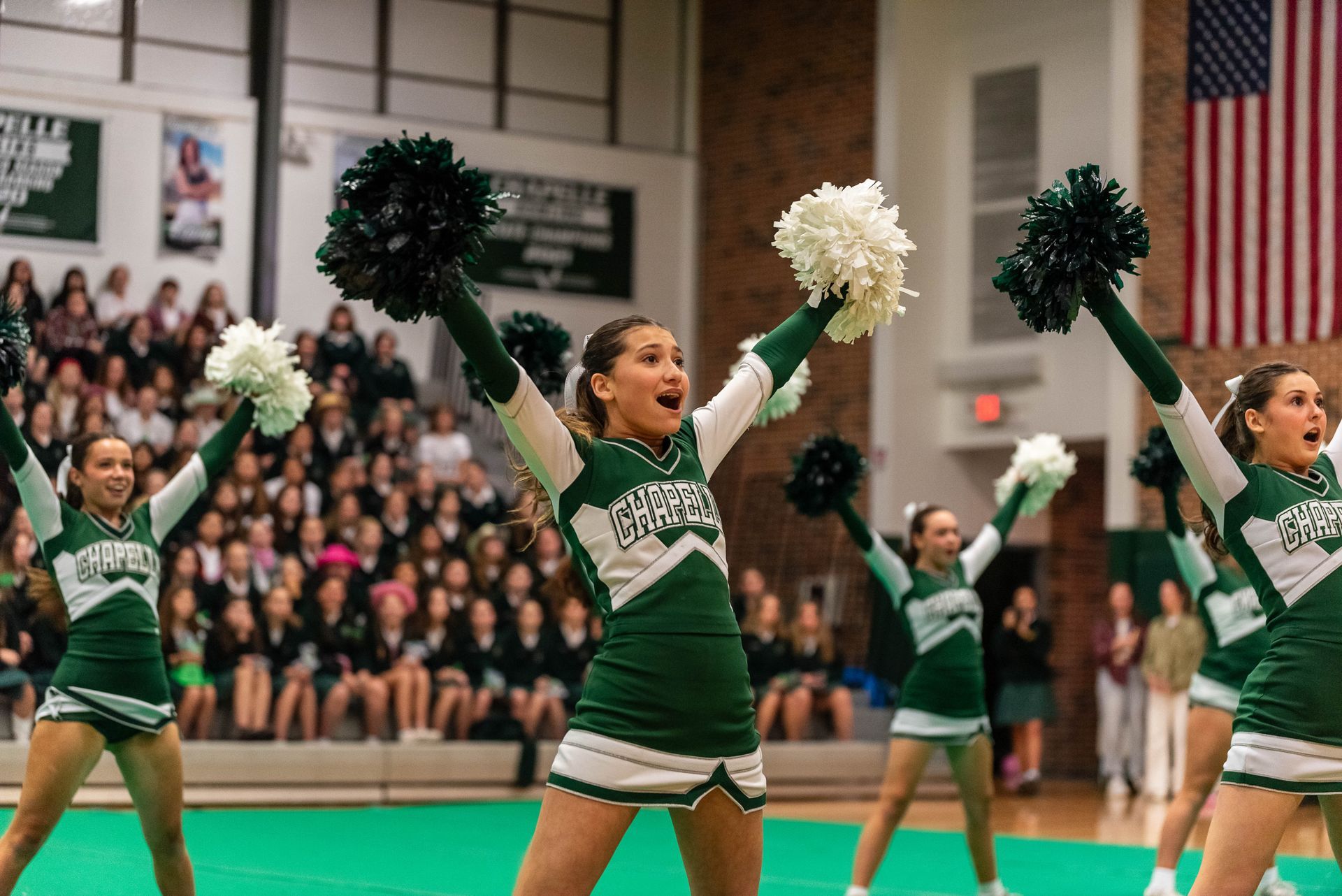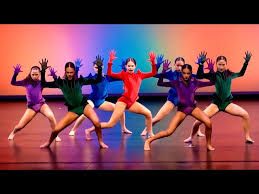PUBLISHED ON April 28, 2025
By: Jessi Kammer '28
Molly Long is a well-renowned and award-winning choreographer. Her most notable choreography appearances include “Dance Moms,” “America’s Got Talent,” and “Abby’s Ultimate Dance Competition.” Molly Long has been caught up in quite a bit of controversy in the dance world, with people accusing her of sexualizing young, female, competitive dancers with provocative moves and tight, revealing costumes. At first glance, this may seem like Molly’s goal with her dancing and choreography, but is this really her true intent? Some of her most notable and controversial dance pieces include “My Boyfriend’s Back,” “Single Ladies,” “Electricity,” and very recently blowing up on all social media platforms, “Pop Muzik.” Fellow dancers in the community have shared their opinions about Molly Long and her work on various social media platforms.
Opinions on General Choreography
Some dancers say that her choreography, especially being that this choreography is set on 10-13-year-olds, is highly inappropriate. Dancers and professionals say that if the artistic vision cannot be fully achieved without children and teenagers doing vulgar dance moves, the vision may be meant to be set on other older, more mature dancers. Dancers and professionals on the complete opposite side say that people who think her work is inappropriate are actually the ones who are making it weird and turning it into a situation and turning it into something it’s not. Furthermore, dancers and professionals say that this is just art, and if the performer is able to execute the choreography to meet the artistic vision, who is to stop the dancer simply because of their age?
Another opinion revolving around Molly Long’s choreography is that dancers and ex-dancers will typically say something along the lines of this: “I did inappropriate choreography when I was younger, but hey, look at me, I turned out fine.” While yes you may have turned out fine, that is not what it is about. A rebuttal from an influencer, Avery Elizabeth, says, “I don't think it's about turning out fine. Because two things can be true. At once, you can execute an artistic vision while also making sure that the choreography is age-appropriate for the dancers…but a lot of people in response to this ‘Pop Muzik’ dance controversy said that, ‘You’re the weird one if you’re looking at it as anything besides just dance or just art.’”
“Pop Muzik”
One of Molly Long’s dance routines, in particular, has sparked a lot of controversy in the dance world as well as on social media; “Pop Muzik.” Influencer and ex-dancer Avery Elizabeth shares her opinions on “Pop Muzik” on YouTube and other platforms and says, “It's a good song, it's a good song to dance to. I will say the choreography itself is really really good. What I really like about Molly’s choreography compared to some choreography in the competitive world nowadays is it's more about the movement rather than like doing tricks and turns and leaps and all these crazy things…but a lot of people took issue with this specific number and it brought her other numbers to light.” Professional dancer and competition judge, Stefanie Renee Salyers, says, “‘Pop Muzik?’ Hello? I wish that as a dance competition judge, I saw ‘Pop Muzik’ on stage 600 times a weekend.”
Concrete Fact
Alongside all of these opinions, one opinion stands as a fact: you do not know who is watching. Dancers and professionals brush on the topic of, “You don't know who is watching,” and ask each other, “Do we allow kids to perform these vulgar, heinous numbers, and we take no responsibility for the response? Or do we take responsibility and try to protect these children?” But once again, if the artistic vision cannot be achieved without children doing vulgar dance moves, maybe the vision and choreography are meant for older dancers. Dance competitions, dance recitals, dance shows, dance concerts, and anything involving dance in general is also low security. “But what can we do about this,” is the main question. Although some dance competitions already do this, all competitions should have a separate category when judging dances: appropriateness. This would teach and help studios realize that the dances they set on their students are genuinely very inappropriate.
Recommended Posts
